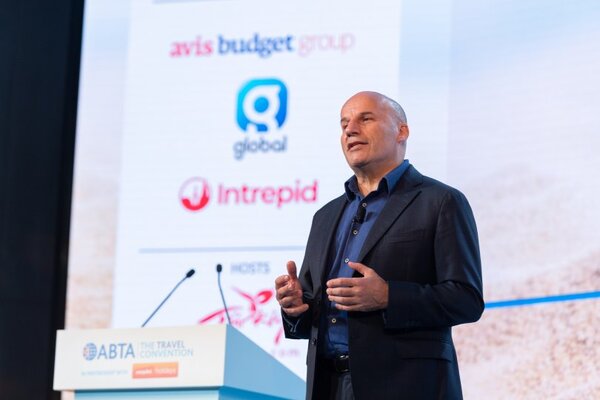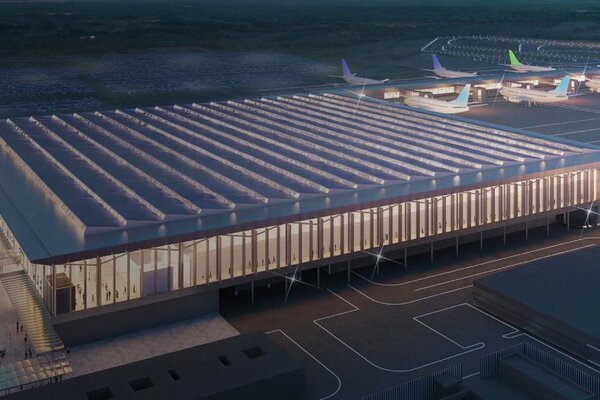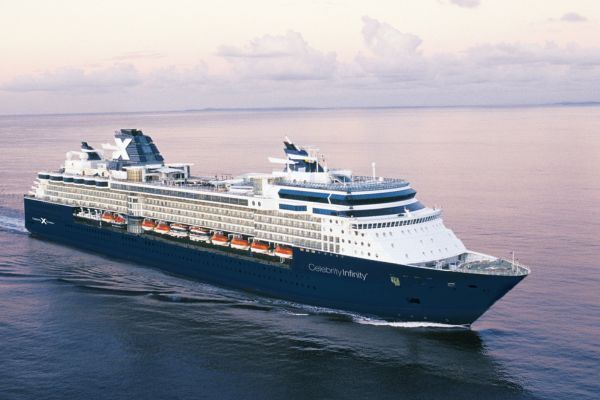Abta chief urges next government not to price out travellers with green measures
 Gary Noakes &
Gary Noakes &  Rob Gill
Rob GillThe new government must not make travel unaffordable by being over-zealous about environmental measures, Abta’s chief executive has said.
Mark Tanzer told TTG the election was “one of the times when politicians are listening” and members had been encouraged to meet candidates with travel heading for, in Tanzer’s own words, "a pivotal five-year period".
"Whichever government comes in, we would like to see them continue to drive the net-zero future, but doing so at a pace that doesn’t make travel unaffordable or restrict choice,” he said.
Abta is supportive of the transition to sustainable aviation, providing it can continue growing even when faced with the challenge of reaching net-zero emissions by 2050.
“Our members include the big airlines, and they are very aware of the challenges of climate change. They want to be able to get a lower carbon footprint,” added Tanzer.
’Engage your candidates’, says Abta as election called
Airspace modernisation, which permits more direct routing and would be a quick way of reducing emissions from flights, was another issue, he said.
“We’ve been talking about airspace modernisation for a long time but it’s not been moving very fast. I sit on the Aviation Council and the frustration is high as to why this is moving so slowly. That would be another ask.”
Air Passenger Duty is another bugbear. “It is one of the highest departure taxes in the world. When it originally came in, it was positioned as an environmental tax but it’s always gone straight to the Treasury.
"A proportion of it should be used to develop sustainable aviation so that it comes back into the industry. We will keep up the pressure on that.”
Although there is scant reference to travel in any of the major parties’ manifestos, several do pledge reform on business rates. “We support the high street and business rates reform would be very valuable – not just for travel but for SMEs and the high street generally," said Tanzer.
"A huge number of people buy travel arrangements and holidays through physical buildings. We are supporting members who have high street premises – it’s an important topic.”
Abta: ’We’ve moved the dial on youth mobility’
Another potential issue is the new EU Entry-Exit System, which will take effect early in the next government’s term. There are concerns not all EU airports will be ready for the planned implementation in the autumn.
“The Entry-Exit Scheme is an issue for the EU – the big impact is for people arriving at foreign airports and there is the potential of delays," said Tanzer. "They should be pragmatic – like us, they don’t want to see long queues trailing out of the airport.”
Then there is the EU261 airline compensation debate. Airlines feel it is unfair when passengers are often paid compensation far in excess of the fare paid for the flight. UK politicians now have the ability to amend this rule following Brexit.
Tanzer said: “We support the EU261 philosophy, but there’s an issue of proportionality in relation to ticket prices compared with the amount of compensation. It’s worth revisiting whether you should get high compensation on a very low fare.”
However, he added: “Abolishing it would be very anti-consumer. It would also be better if any changes harmonise with the EU. That would make sense for the consumer.”
Reform of the Atol scheme and the Package Travel Regulations are unlikely to be near the top of any incoming government’s to-do list, but at some point, the new parliament will have to tackle them.
“Package Travel Regulations and Atol reform has been put on the backburner, but I don’t think it has stopped,” Tanzer said. “On the PTRs, they have talked about exempting UK packages, but we’re against that.
“The Atol consultations were largely about the segregation of customer money. We still want to see what the proposals are. The existing system works – the industry and customers pay for it. It works for repatriation and giving refunds. They should think before tinkering with it.”
Sign up for weekday travel news and analysis straight to your inbox

Gary Noakes

Rob Gill
Supplier Directory
Find contacts for 260+ travel suppliers. Type name, company or destination.













